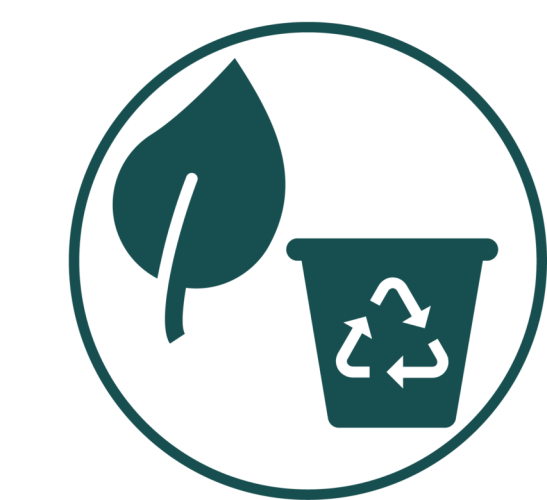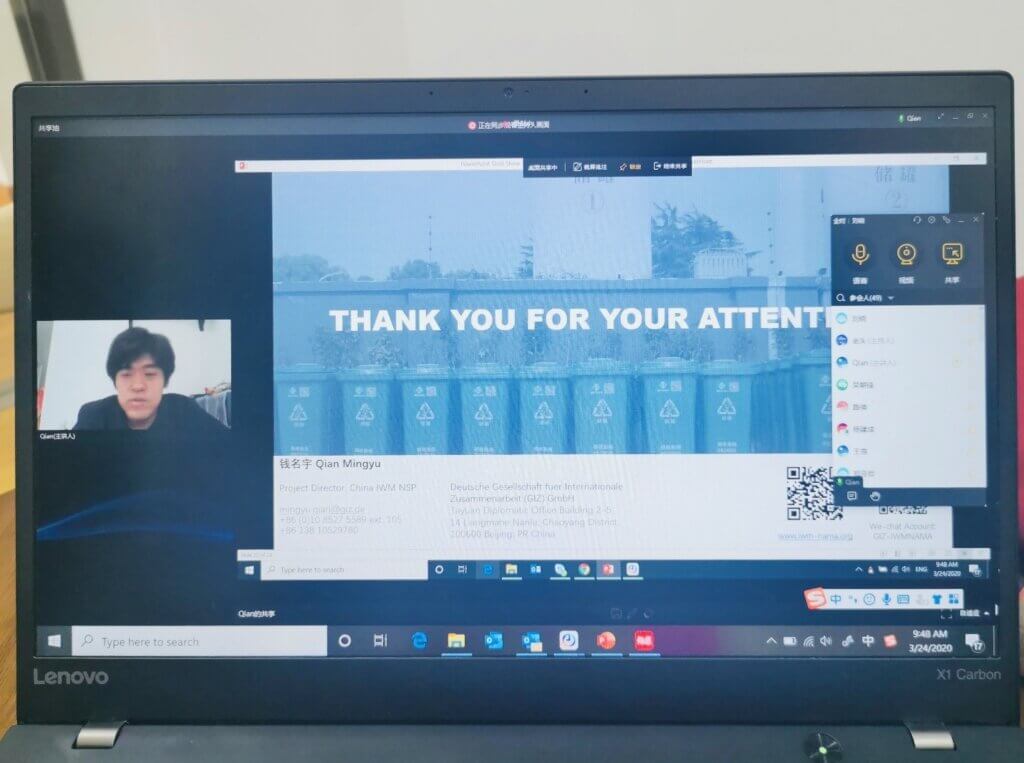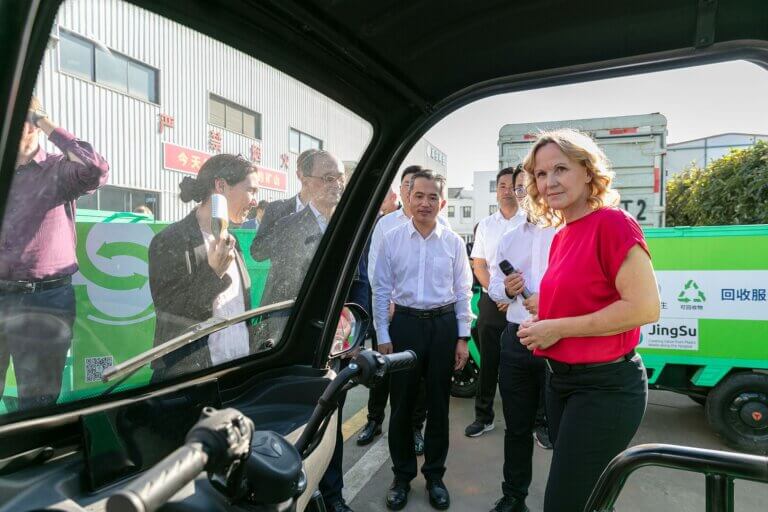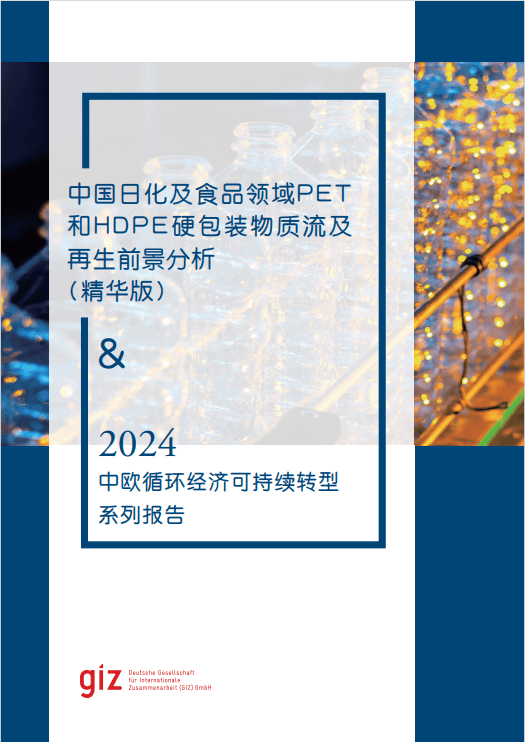If the global COVID-19 outbreak has made something absolutely inevitable, it is digitalisation, remote work and proliferation of online learning. In line with the current trend, China Integrated Waste Management NAMA Support Project (China IWM NSP) has adjusted its “modes of delivery” and started organising online trainings for its major stakeholders. The first event took place on March 24 and provided private sector actors with an opportunity to learn more about the process of organic waste treatment focusing on available technologies and specific case-studies, attracting approximately 60 practitioners to enrol in the “remote class”.

Mr. Qian Mingyu, Project Director of China IMW NSP, opened the training with a brief introduction of the project. After bringing forward the European experiences in waste treatment, Mr. Qian noted that the large quantity of organic waste in China requires appropriate Anaerobic Digestion (AD) techniques. By describing the latter in his presentation, he invited participants to explore solutions that were best suited to deal with organic waste in China.

(Mr. Qian Mingyu presents different AD techniques)
Another presenter during the event was Beijing Xituo Lianhe Environmental Engineering Co., Ltd. The company is one of the partners of a GIZ China project “Sino-German Strategic Alliance for Advanced Biomethane Technology” and is responsible for constructing and operating a pilot biomethane plant in Inner Mongolia as part of the Alliance. Beijing Xituo delegated its senior manager, Mr. Li Jian, to share knowledge on biogas plants design. Mr. Li Jian compared the respective approaches in China and Germany and pointed out to their differences in energy accounting and utilization, development of a site layout, safety management in the process of digestion etc. This provided a solid reference for further optimization of the engineering approaches to large-scale AD development in China.

(Mr. Li Jian compared approaches to designing biogas plants in China and in Germany)
The fact that the training for the first time took place in a ‘digital format’ did not prevent participants from engaging in a lively discussion over the technical aspects of AD. The diverse issues – from the selection of a proper treatment method in the context of municipal solid waste (MSW) to the application of dry fermentation and specifics of straw treatment for biogas generation – were explored during the concluding Q&A session with experts.

(Online discussion)
Overall, experience from the first online training by China IWM NSP proved that this format can be an efficient tool encouraging information and knowledge exchange in times of the global pandemic. If not a full-scale substitute for physical meetings and onsite events, digital solutions are of ultimate importance for sustaining and bringing forward the transformation towards low-carbon development.
Further on, an online training on the topic of GHG emissions for the demo-cities of China IWM NSP is planned for April and another online capacity-building event for the private sector is scheduled for June.





